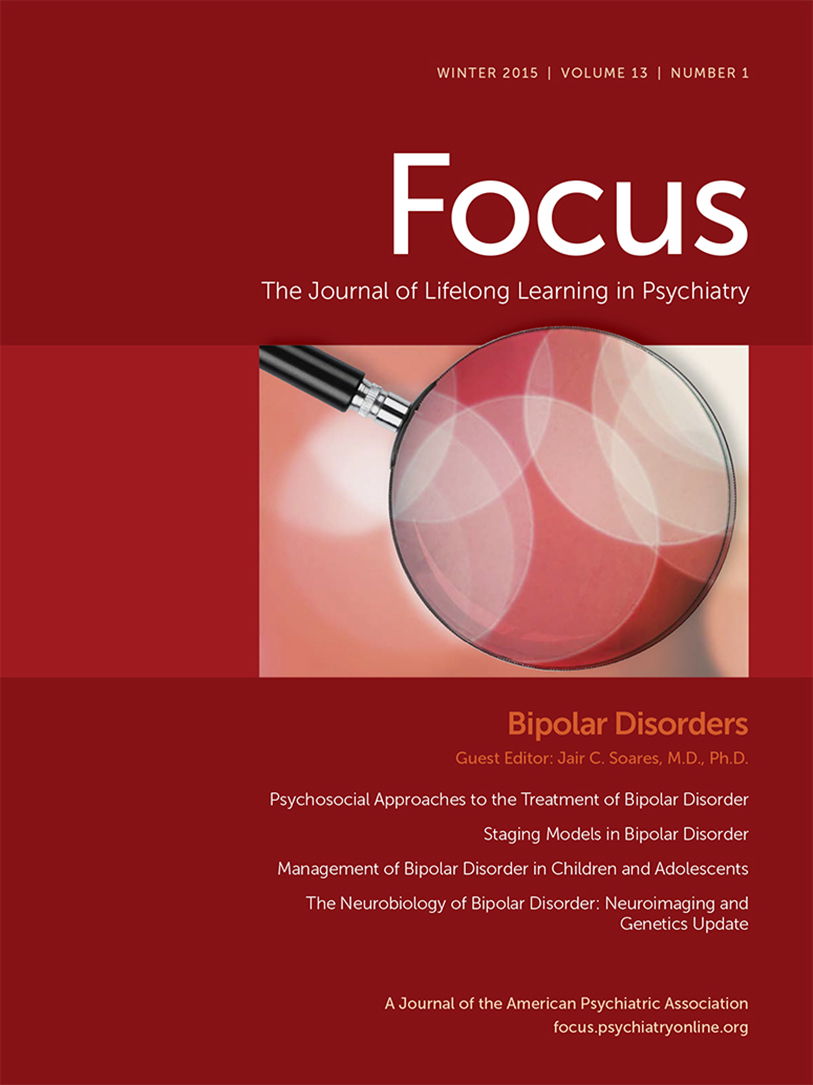Early Intervention for Symptomatic Youth at Risk for Bipolar Disorder: A Randomized Trial of Family-Focused Therapy
Abstract
Objective:
Depression and brief periods of (hypo)mania are linked to an increased risk of progression to bipolar I or II disorder (BD) in children of bipolar parents. This randomized trial examined the effects of a 4-month family-focused therapy (FFT) program on the 1-year course of mood symptoms in youth at high familial risk for BD, and explored its comparative benefits among youth in families with high versus low expressed emotion (EE).
Method:
Participants were 40 youth (mean 12.3 ± 2.8 years, range 9–17) with BD not otherwise specified, major depressive disorder, or cyclothymic disorder who had a first-degree relative with BD I or II and active mood symptoms (Young Mania Rating Scale [YMRS] > 11 or Child Depression Rating Scale >29). Participants were randomly allocated to FFT–High Risk version (FFT-HR; 12 sessions of psychoeducation and training in communication and problem-solving skills) or an education control (EC; 1–2 family sessions).
Results:
Youth in FFT-HR had more rapid recovery from their initial mood symptoms (hazard ratio = 2.69, p = .047), more weeks in remission, and a more favorable trajectory of YMRS scores over 1 year than youth in EC. The magnitude of treatment effect was greater among youth in high-EE (versus low-EE) families.
Conclusions:
FFT-HR may hasten and help sustain recovery from mood symptoms among youth at high risk for BD. Longer follow-up will be necessary to determine whether early family intervention has downstream effects that contribute to the delay or prevention of full manic episodes in vulnerable youth. Clinical trial registration information—Early Family-Focused Treatment for Youth at Risk for Bipolar Disorder.
Reprinted with permission from the Journal of the American Academy of Child & Adolescent Psychiatry 2013; 52:121–131



